Jakarta,30 Muharram 1438/31 October 2016 (MINA) – Indonesia will partially lift a moratorium on shipments of coal to the Philippines that was announced earlier this year following a spate of kidnappings in the region’s piracy-ridden waters.
Since the beginning of this year, around 25 Indonesians have been kidnapped in the Celebes and Sulu seas and held captive by Daesh-linked militants in the Philippines’ troubled south.
The director general of sea transportation at Indonesia’s transportation ministry said Sunday that only vessels with a capacity of over 500 gross tonnage (GT) would be permitted to sail into Philippine waters.
“Ships above 500 GT can sail to the Philippines but they have to follow the recommended shipping route, avoid conflicted areas in southern Philippines waters and east Malaysian waters,” Tonny Boediono said in a press release received by Anadolu Agency.
Also Read: Religious Leaders Spearhead Tropical Forest Preservation Efforts
“In addition, the harbor master is also prohibited from issuing an approval letter for tugboats to sail to the Philippines,” he added.
Earlier this week, Defense Minister Ryamizard Ryacudu said the Sulu Sea had become safer due to the success of joint security patrols conducted by officials from the three neighboring archipelagos.
“Security in the Sulu Sea is now improving,” metrotvnews.com quoted Ryamizard as saying in Bali on Friday.
The joint patrols had been agreed to during a May meeting attended by the foreign ministers and defense ministers of the three countries in Yogyakarta.
Also Read: BNPB Focuses on Forest and Land Fires in Sumatra and Java
At least two Indonesians are believed to still be held captive by the Abu Sayyaf militant group in the southern Philippine island province of Sulu.
Kidnap-for-ransom gangs operating in the Sulu and Celebes seas are known to hand over their captives to the Abu Sayyaf and negotiate for a ransom that, if paid, is shared with the group.
Since 1991, the Abu Sayyaf group — armed with mostly improvised explosive devices, mortars and automatic rifles — has carried out bombings, kidnappings, assassinations and extortions in a self-determined fight for an independent province in the Philippines.
Earlier this year, the group beheaded two Canadian hostages after ransoms failed to be paid. (T/R07/R01)
Also Read: Presidential Communications Chief Invites Public to Witness Pacu Jalur
Mi’raj Islamic News Agency (MINA)





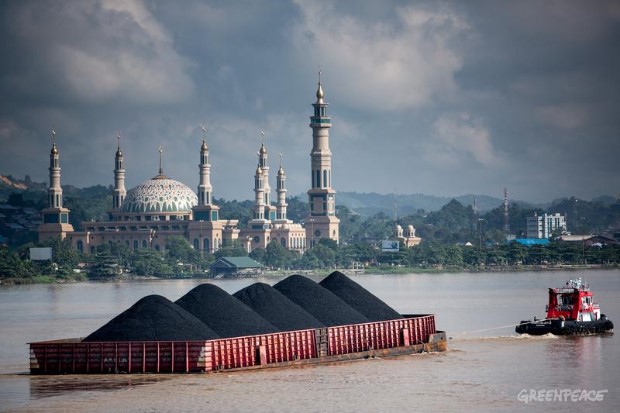




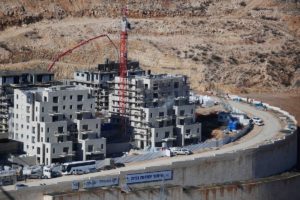
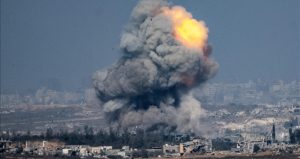

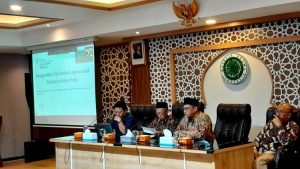
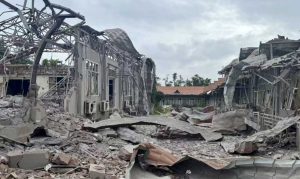


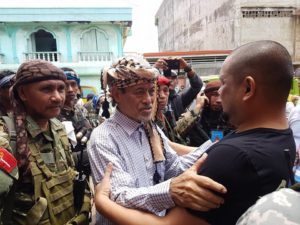
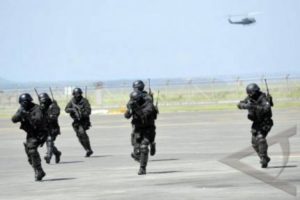
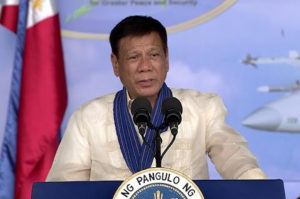











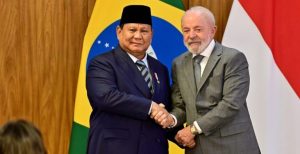
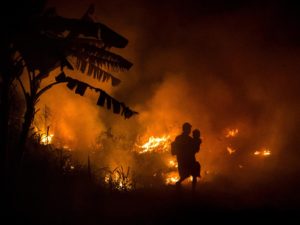



 Mina Indonesia
Mina Indonesia Mina Arabic
Mina Arabic